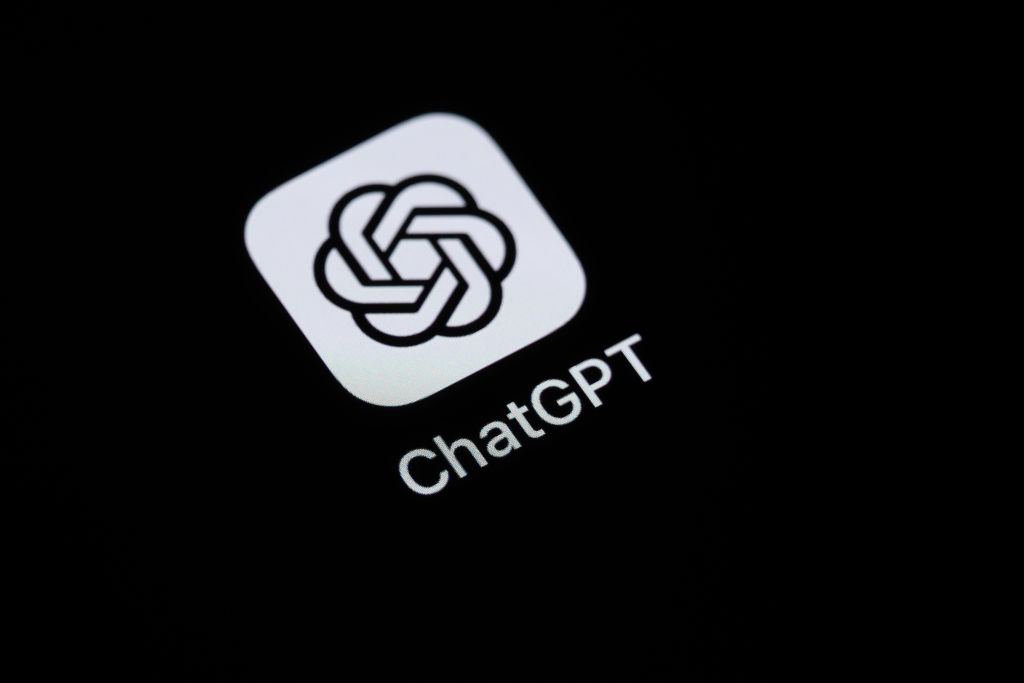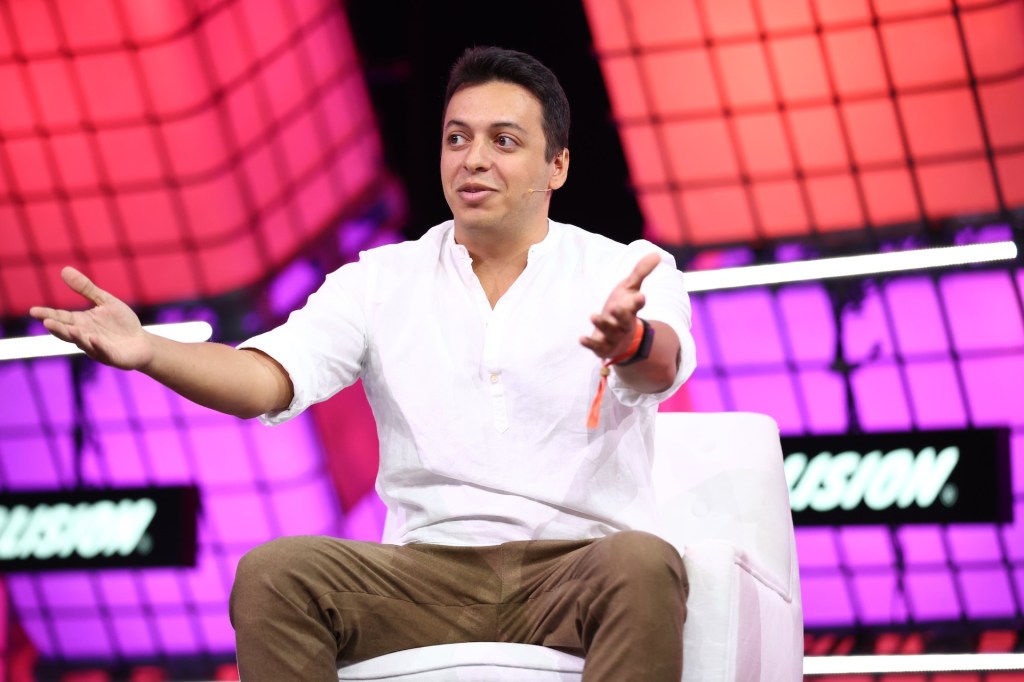In a recent development that has sparked significant ethical and legal debates, OpenAI has requested comprehensive details from the Raine family regarding the memorial service of their 16-year-old son, Adam Raine. Adam tragically ended his life after extensive interactions with OpenAI’s ChatGPT, focusing on his mental health struggles and suicidal thoughts. The company’s request includes a full list of attendees, along with any related documents such as videos, photographs, and eulogies from the service.
The Raine family’s legal representatives have condemned this move, labeling it as intentional harassment. They argue that such demands are not only invasive but also exacerbate the family’s grief during an already challenging time.
This request comes on the heels of the Raine family’s decision to amend their initial wrongful death lawsuit against OpenAI. Originally filed in August, the lawsuit alleges that Adam’s suicide was influenced by his prolonged conversations with ChatGPT. The updated complaint asserts that OpenAI expedited the release of its GPT-4o model in May 2024, allegedly compromising safety protocols to stay ahead in the competitive AI market.
Further, the lawsuit highlights a significant policy change in February 2025, where OpenAI reportedly removed suicide prevention measures from its disallowed content list. Instead, the AI was merely advised to take care in risky situations. The family contends that this alteration led to a dramatic increase in Adam’s interactions with ChatGPT, escalating from dozens of daily chats in January—1.6% of which contained self-harm content—to 300 daily chats in April, with 17% involving such content. Adam’s untimely death occurred in April.
In response to these allegations, OpenAI has emphasized its commitment to teen well-being, stating, Teen well-being is a top priority for us—minors deserve strong protections, especially in sensitive moments. We have safeguards in place today, such as directing to crisis hotlines, rerouting sensitive conversations to safer models, nudging for breaks during long sessions, and we’re continuing to strengthen them.
To bolster user safety, OpenAI has recently introduced a new safety routing system and parental controls within ChatGPT. This system is designed to identify emotionally sensitive conversations and redirect them to OpenAI’s more advanced model, GPT-5, which is less prone to overly agreeable responses compared to GPT-4o. Additionally, the parental controls enable guardians to receive alerts in situations where a teen may be at risk of self-harm.
The unfolding legal battle underscores the complex ethical responsibilities that AI developers face, particularly when their technologies interact with vulnerable populations. As AI becomes increasingly integrated into daily life, the imperative to establish and adhere to robust safety protocols has never been more critical.



